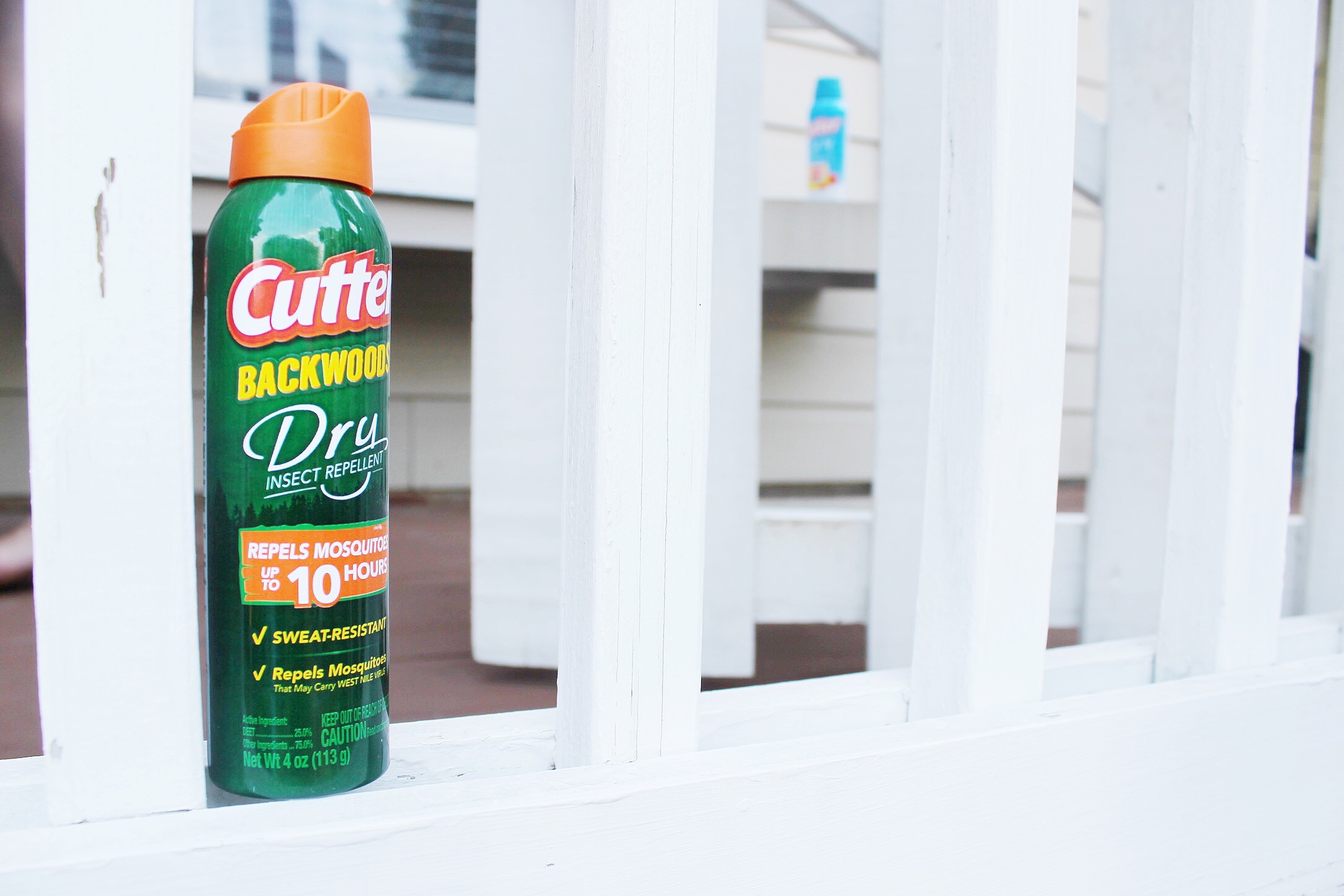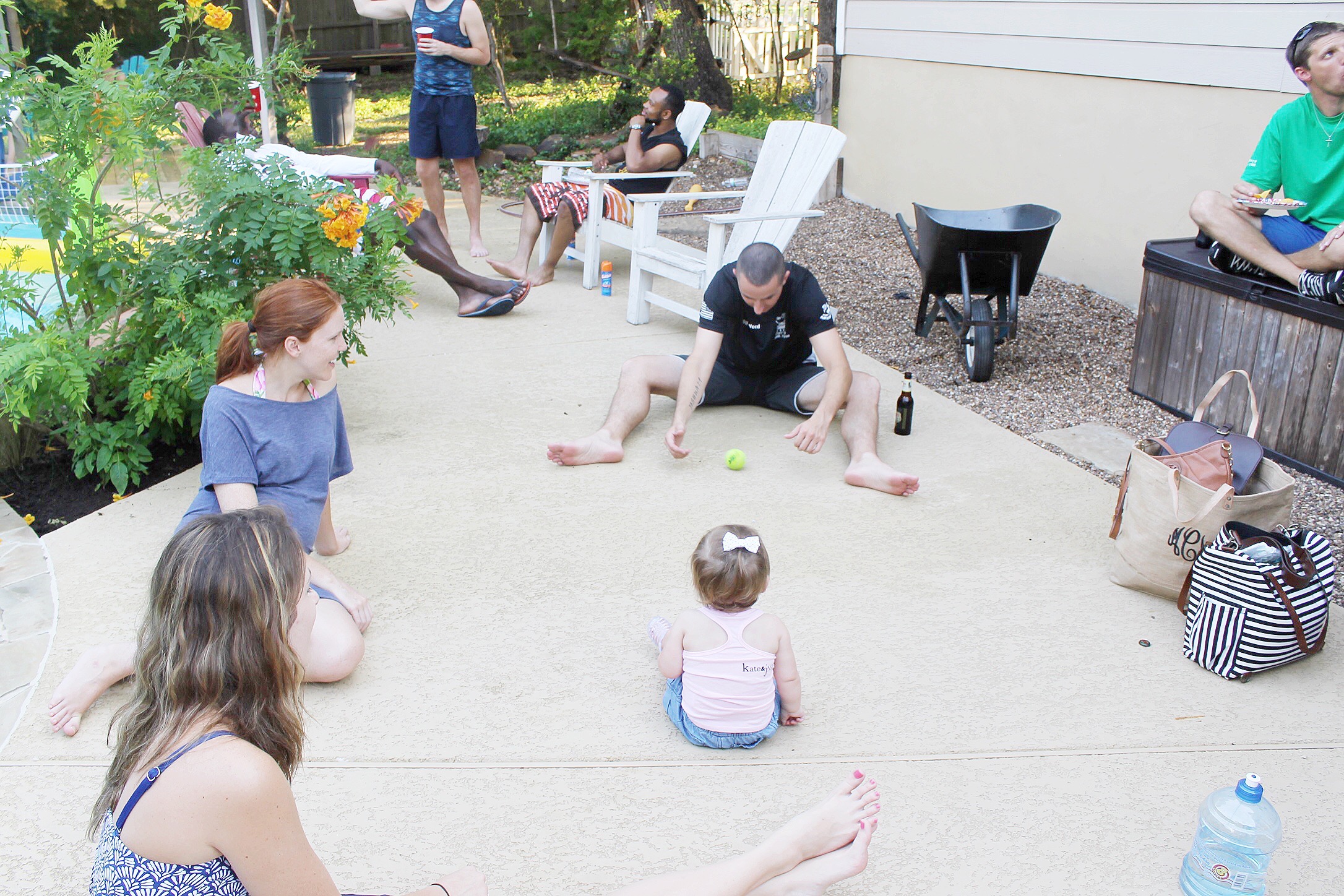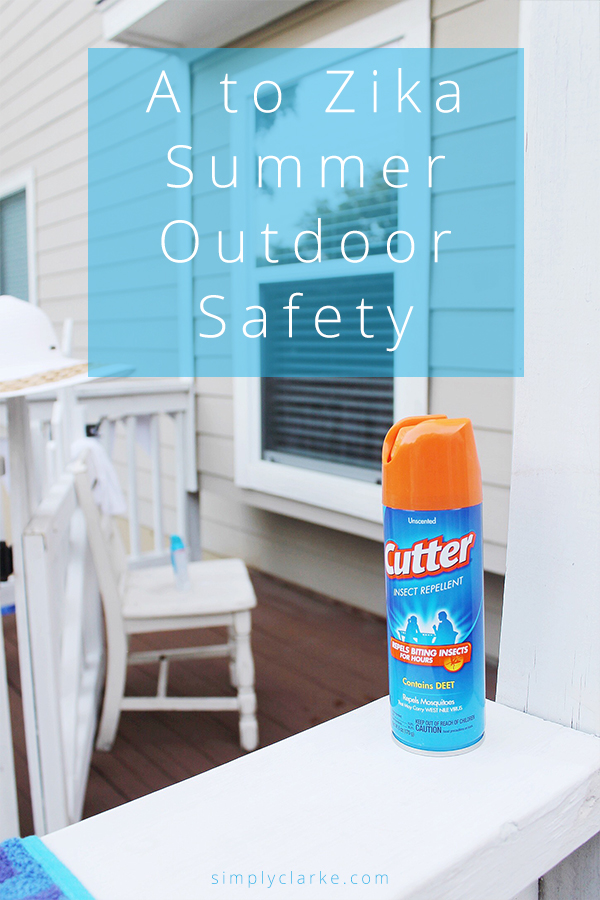This is a sponsored post written by me as part of the RISE 2016 Blog Tour with Mom It Forward Blogger Network. All opinions are 100% mine. #AtoZika
 If you have turned on the news in the past few months, you have likely heard the word, Zika. You may or may not know exactly what the Zika virus is and how to protect your family from it, so today I wanted to break down the Zika virus A to Zika. In our world today, we are so interconnected, so it is important to understand world issues and how they can effect “your” world. While the U.S. is well-equipped to control mosquitoes and the spread of diseases such as the Zika virus, we can do our part as well through effective prevention methods.
If you have turned on the news in the past few months, you have likely heard the word, Zika. You may or may not know exactly what the Zika virus is and how to protect your family from it, so today I wanted to break down the Zika virus A to Zika. In our world today, we are so interconnected, so it is important to understand world issues and how they can effect “your” world. While the U.S. is well-equipped to control mosquitoes and the spread of diseases such as the Zika virus, we can do our part as well through effective prevention methods.
 So, What is the Zika virus?
So, What is the Zika virus?
The Zika virus is primarily spread to people who are bitten by infected Aedes aegypti and albopictus mosquitoes, which are also commonly known as yellow fever mosquitoes. In early 2016, the World Health Organization declared the Zika virus a global public health threat and serious concern for pregnant women or women who may become pregnant. While there are no locally-acquired cases reported in the U.S., the virus is active in 24 countries and has the ability to spread to the U.S. from cases contracted abroad. The Zika virus is thought to be responsible for a range of birth defects and causes symptoms ranging from mild fever and joint pain to a skin rash or conjunctivitis. To view maps of the expected range of the Aedes aegypti mosquito, visit: http://www.cdc.gov/zika/vector/range.html.
 How To Protect Your Family
How To Protect Your Family
I know we have already been outside way more the past few weeks as summer weather gears up, so I have been taking precautions to make sure we are protected as much as possible, while still having fun outdoors.
RISE (Responsible Industry for a Sound Environment)® is the national association focused on creating inspiring and healthy places where we live, work, and play. RISE works to educate people on the responsible use of pest control products such as personal repellents and pesticides used on lawns and gardens, playing fields and parks, and inside homes and other structures, as well as mosquito control. Here are 4 key things recommended by RISE that you can do right now to protect your family this summer:
 Put up personal barriers
Put up personal barriers
You can do this by wearing light colored clothing and even wearing long sleeves and pants while outside. Also, mosquitoes are most active during dawn and dusk hours, however they do bite all day long.
Reinforce your home
Repair any screens on your windows and make sure you keep your doors and windows closed. Removing any entry points for mosquitoes is great way to be proactive.
Apply mosquito-specific defenses
This is one of the biggest ways we are protecting ourselves this summer. We normally don’t sue insect repellent but we are using an EPA-approved insect repellent when we go outside. Be sure to follow label instructions on repellents before applying them to your skin.
Eliminate standing water
Aedes mosquitoes can breed in water trapped in containers as small as a bottle cap. The mosquitoes have four stages of life, (1) the egg hatches when its exposed to water, (2) Larva lives in the water, (3) Pupa, larger than larva, lives in the water, (4) Adult leaves the water and is able to fly. Because of this, be sure to survey your home for possible areas of water collection – tire swings, buckets bottles, clogged rain gutters, birdbaths, pet bowls, toys, flowerpot saucers, wading pools and more. All of these water catchers attract mosquitoes and give them a place to breed.
 As we have talked about, prevention is key, especially for pregnant women, and men and women looking to start or grow their families. The CDC is also recommending travelers to use EPA-approved insect repellents when traveling to areas with known Zika cases. If you are planning to travel to one of the regions where the Zika virus is currently active, review travel health notices from the CDC before taking off on your trip. All CDC travel health notices can be found at http://wwwnc.cdc.gov/travel/notices.
As we have talked about, prevention is key, especially for pregnant women, and men and women looking to start or grow their families. The CDC is also recommending travelers to use EPA-approved insect repellents when traveling to areas with known Zika cases. If you are planning to travel to one of the regions where the Zika virus is currently active, review travel health notices from the CDC before taking off on your trip. All CDC travel health notices can be found at http://wwwnc.cdc.gov/travel/notices.
 Have fun this summer, but be sure to protect your family as well!
Have fun this summer, but be sure to protect your family as well!